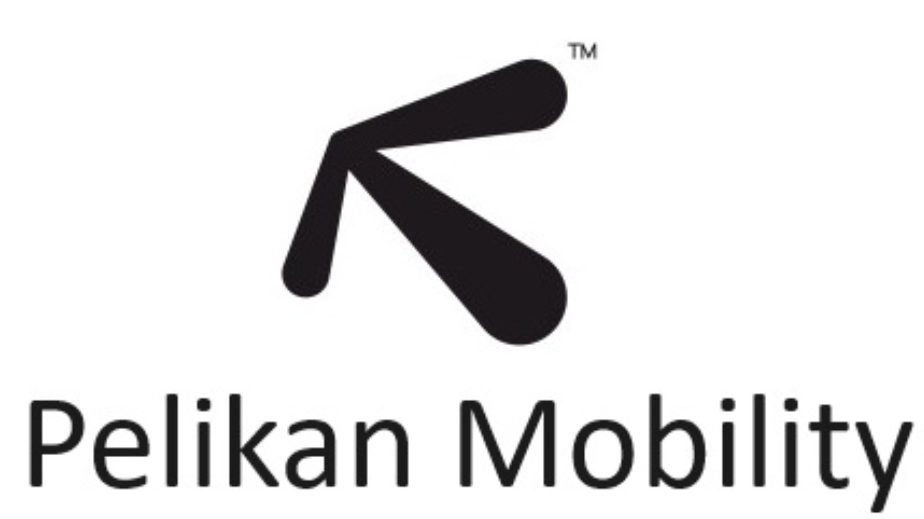
In this article, Pablo COHEN (ESSEC Business School, Master in Strategy & Management of International Business (SMIB), 2024–2025) shares insights from his internship experience in Business Development at Pelikan Mobility.
About the company
Pelikan Mobility is a French startup founded in 2022 that provides tech-enabled leasing solutions for electric vehicle (EV) fleets, emphasizing an EV-native and operations-centric approach. The company leverages digital twin technology and optimization algorithms to offer customized, cost-effective leasing options that enhance the productivity and efficiency of mission-critical, last-mile, and middle-mile commercial fleets.
In March 2024, Pelikan Mobility raised a €4 million seed funding round from investors including Pale Blue Dot, Frst, and Seedcamp. The company’s mission is to make commercial fleet electrification scalable and cost-effective by addressing inefficiencies in EV adoption and providing solutions related to fleet management, charging infrastructure, energy optimization, and route planning.
Logo of Pelikan Mobility.

Source: the company.
My internship
As an intern, I joined the Business Development team at a time when Pelikan Mobility had fewer than 10 employees. The startup environment allowed me to participate in various cross-functional activities beyond my designated team. My primary focus was on analyzing the annual and CSR reports of prospective clients, identifying operational data related to their vehicle fleets and emissions strategies.
My missions
My role involved conducting in-depth research on companies’ operations to estimate their Scope 1, 2, and 3 emissions and assess how aligned they were with their publicly stated sustainability roadmaps. By examining the size and composition of their vehicle fleets and analyzing their emission reduction goals, I was able to generate strategic reports evaluating their potential as Pelikan clients. These reports were used to segment companies by sector—such as utilities, maintenance, and delivery—and tailor use cases and pitch decks accordingly.
The objective was to demonstrate that by optimizing EV use through Pelikan’s tools, companies could significantly reduce their emissions while increasing their return on investment by lowering total cost of ownership (TCO) over time. Our analyses guided companies in selecting the most operationally suited EV models, thereby improving vehicle lifetime value and reducing long-term costs.
Required skills and knowledge
Success in this role required familiarity with emissions reporting methodologies and a solid understanding of how to read and interpret annual reports. I had to be well-versed in corporate sustainability roadmaps and regulations, particularly French mandates that require companies to incrementally electrify their fleets. Awareness of client motivations—mainly cost reduction or revenue growth—was key to positioning Pelikan’s offer persuasively. Demonstrating profitability first and sustainability second was essential in our outreach efforts.
What I learned
This internship gave me a front-row seat to the intersection of regulation, sustainability, and business operations. I discovered how procurement officers adopt new technologies—not just through cost-benefit analysis, but also through trust, relationship-building, and presentation. I gained a deeper understanding of how regulation shapes corporate decision-making and realized the importance of awareness and education in encouraging sustainable transitions. Just like in fine dining, how the idea is presented is often as important as the idea itself.
Financial concepts related my internship
I present below three financial concepts related to my internship: total cost of ownership, regulatory risk, and sustainability reporting.
Total Cost of Ownership (TCO)
TCO refers to all costs associated with acquiring and operating a vehicle over its lifespan. For EV fleets, this includes not only the purchase or lease cost but also charging infrastructure, electricity prices, maintenance, downtime, and resale value. At Pelikan, our role was to show that, despite higher upfront costs, the long-term operational savings with EVs often made them more cost-effective than internal combustion engine (ICE) vehicles.
Regulatory risk
Companies today face increasing regulatory pressure to decarbonize. Non-compliance with environmental laws—such as failing to electrify a mandated percentage of fleet vehicles—can lead to financial penalties or reputational harm. Our value proposition directly addressed this risk by helping companies stay compliant through optimized EV integration, reducing exposure to regulatory fines.
Sustainability reporting
Reliable measurement and reporting of emissions from both ICE vehicles and EVs are essential for effective sustainability disclosure. We helped companies track and report their Scope 1 emissions (from owned fleets) accurately. This data was not only critical for compliance but also for setting realistic, measurable goals in their CSR strategies.
Why should I be interested in this post?
This post offers a firsthand look at how sustainability, operations, and finance intersect in a startup environment. If you’re interested in working in sustainable finance, ESG consulting, or mobility innovation, this experience demonstrates how regulatory knowledge, financial analysis, and persuasive communication come together in real-world client engagement. The strategic and technical skills developed here are highly transferable to roles in consulting, private equity, or corporate sustainability teams.
Related posts on the SimTrade blog
▶ All posts about Professional experiences
▶ Majd MAHRSI My Internship Experience as a Data Analyst at Africa Verify in Casablanca
▶ Lara HADDAD My Internship Experience at SmartStream Technologies (Fintech)
Useful resources
Tech.eu (21/03/2024) Pelikan Mobility Seed Funding Announcement
TechCrunch (21/03/2024) Pelikan Mobility is building a software-enabled commercial EV leasing solution
Charged EV (29/03/2024) Pelikan Mobility raises €4 million in funding for its EV fleet management software platform
About the author
This article was written in April 2025 by Pablo COHEN (ESSEC Business School, Master in Strategy & Management of International Business (SMIB), 2024–2025).
